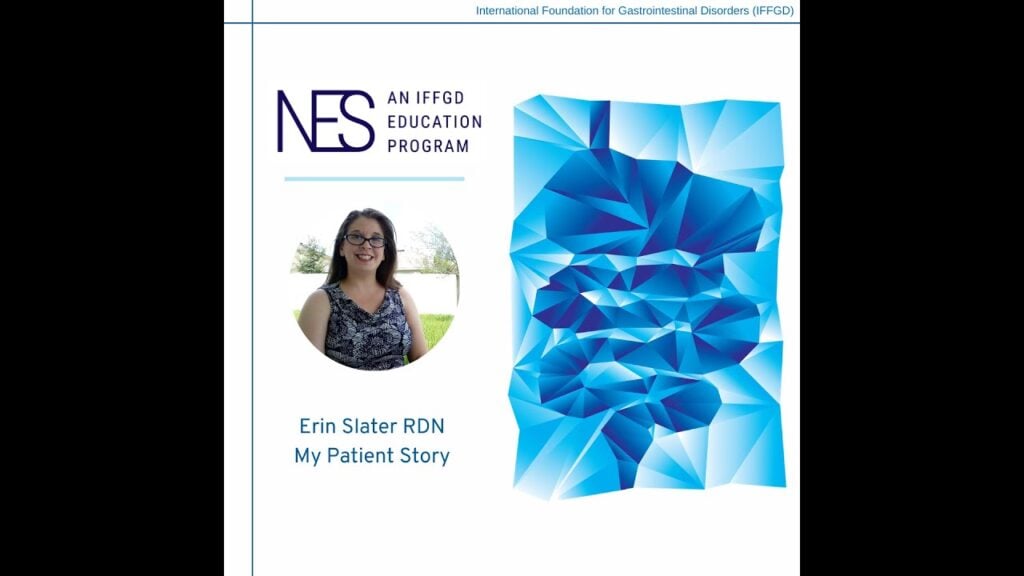221- The Medical History: How to Help Your Doctor Help You
The most important interaction between patient and doctor is the medical history. Through listening to the story of the patient’s illness and asking relevant questions, a physician may often make a diagnosis, or at least begin to understand the nature and location of the complaint. A few easy steps can help make this process more efficient leading to prompt, more precise diagnosis and treatment. Revised January 2012.
231 – Can Intense Exercise Lead to GI Symptoms?
Can exercise be linked to GI symptoms such as diarrhea or heartburn? This article will help you understand how exercise and associated factors can influence the GI tract.
206 -Health Reporting in the Media: What to Believe?
Most people learn of medical progress through the media. Yet this news is often unhelpful. Exaggerated cures, contradictions, and plainly misleading information can do harm. The problem is not science, but how journalists report it, and how the public interprets it. This essay aims to help readers make sense of health news. Reviewed 2009.
141-Chronic Functional Abdominal Pain
People with functional gastrointestinal (GI) disorders can have a variety of symptoms that range from painless diarrhea or constipation, to pain associated with diarrhea and/or constipation (usually called irritable bowel syndrome). There is another, less common condition of abdominal pain that is chronic or frequently recurring; it is not associated with changes in bowel pattern. This condition is called functional abdominal pain syndrome. Cause and treatment is discussed.
Choosing Apps for Managing Chronic GI Illness

In this episode of Exploring Gut Topics, we speak with William Chey, MD, Satish Rao, MD, and Amanda Lynett, RDN, to discuss apps designed to help patients manage chronic gastrointestinal illnesses and monitor GI motility. IFFGD does not endorse any of the apps listed below; however, we want patients to know what apps are available […]
Patient Perspective on Constipation

Patient Perspective on Constipation, Erin Slater, RDN From childhood symptoms to a career in nutrition and patient advocacy, Erin Slater, RDN, shares her journey of living with Functional Abdominal Pain Syndrome and IBS-C. Growing up in Voorhees, NJ, Erin’s early experiences with digestive issues shaped her passion for healthcare, leading her to study Nutritional Science […]
Virtual Reality and Abdominal Pain: GI Research on the Road

DDW 2019 GI Research on the Road with Dr. Spiegel: Virtual Reality and Abdominal Pain Welcome to GI Research on the Road. In this episode, Dr. Brennan Spiegel discusses how VR technology is being used to help patients manage abdominal pain and monitor GI motility, improving both their mental and physical health. Read More About Virtual Reality […]
Digestive Health Matters Vol 22 Issue 2
In this Issue:
- GERD Awareness Week
- Medical & Research News
- Babies Spitting Up – Normal In Most Cases
- Clinical Corner – A Question on Functional Abdominal Pain
- A Conversation with Douglas A. Drossman, MD
- Industry Treatment News
- About Clinical Trials
- Community of Digestive Health Champions at DHA.org
Topics: DHM, DHM Magazines, GERD Awareness Week, Pediatric, Clinical Trials, Advocacy, Douglas Drossman
